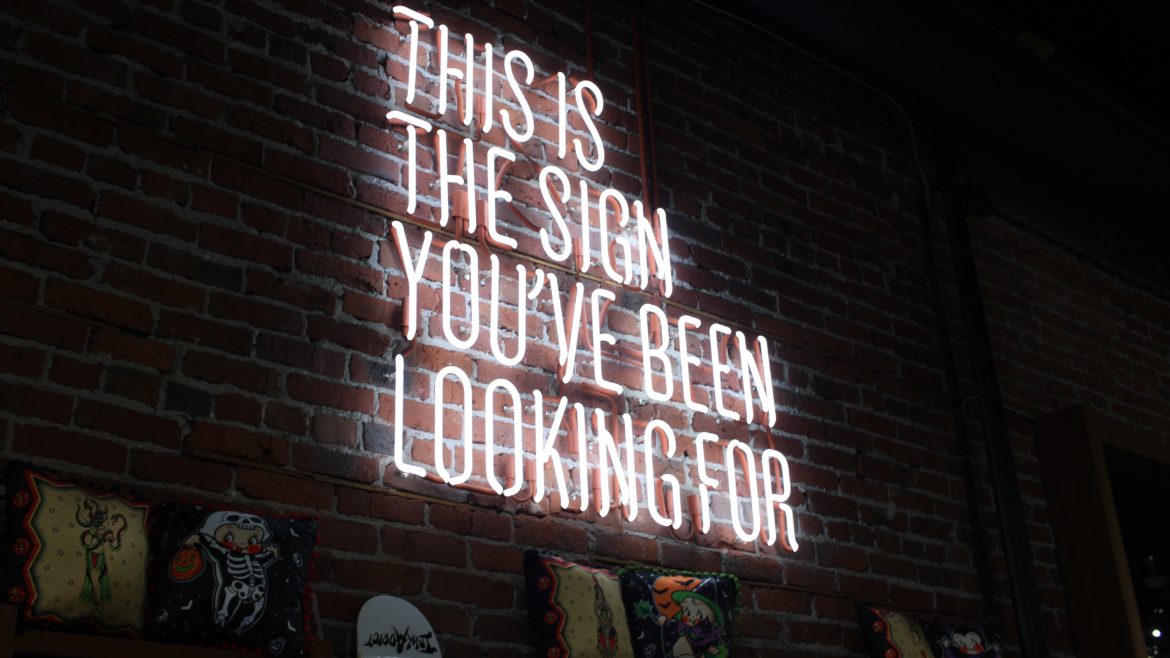The internet and all its digital descendents (apps, mobile workspaces, etc.) have made it logistically easier than ever to both be and to hire a creative, freelancer, and side hustler. That much is true. Beyond that, there are a whole bunch of splashy headlines and semi-educated guesses about the gig economy’s reach and impact.
Due in part to two Ivy league economists’ predictions, 2015’s descriptions of the gig economy conjured images of companies dismantling their corporate offices while employees flee to the beaches with their sunscreen and laptops. Now, the question is up for debate again. Is the gig economy the wave of the future? Did it ever happen at all?
Either way, it’s time to revisit one of the biggest misconceptions about the gig economy.
The biggest myth about the gig economy just got busted by the same economists who predicted it
Myth: The gig economy is taking over the world!!!
The 2015 study that launched a thousand predictions said that from 2005 to 2015, the proportion of American workers engaged in “alternative work” jumped from 10.7% to 15.8%—accounting for nearly all of the job growth during that period. This led many to believe the gig economy would supplant the traditional workforce in grand, irreversible ways. As always though, the truth tends to be a little more complicated than surface numbers can tell us.
Estimates indicate that the contingent workforce makes up somewhere between 10.1% and 35% of the economy. It’s none other than the Bureau of Labor Statistics that reported the higher number in 2017—saying 55 million people were gig workers. They went so far as to project the number would increase to around 43% by 2020. That seems like a whole lot, but one important note is that its estimates include everyone from the freelance writer with steady retainer contracts to the weekend Uber driver supplementing her income with an occasional shift. As is always the case with estimates, every difference—from definitions to the source of information—influences the results and leads to large gaps in the findings.
One common cause for confusion is the fact that contingent workforce and gig economy are often used interchangeably. In reality, the contingent workforce pie consists of many different types of work arrangements (only one of which truly constitutes the gig economy). The first two slices of pie include staffing arrangements and independent contractor projects that are defined by an SOW and milestone based contracts. True gig workers make up the third piece and include those in micro-burst jobs and hourly gigs. They typically find work and get paid through a platform (such as Uber).
Additionally, the same economists who wrote that influential 2015 study now say it was flawed—based on inaccurate data inflated by the recession. This article indicates that, with the benefit of hindsight, the labor economists who wrote the study have revised their findings. Rather than accounting for nearly all of the job growth between 2005 and 2015, they say the gig economy grew modestly—more like one or 2 points.
Rather than an “explosion,” the gig economy seems to be in the decidedly less sexy category of a steady progression.
What we know
Things are changing just like they always do. For workers looking to freelance as a career or thinking of it as a stepping stone to a dream job, it’s never been easier to take the leap. We’ll be keeping an eye on how things continue to shift, including how legislation such as the Dynamex Ruling changes the way we do business.
Whether the predictions that led to a hyped narrative around the gig economy were entirely accurate or not, the government is still paying extra close attention to accurate worker classification. No matter where this evolution leads, it behooves employers to stay on top of accurate worker classification. The consequences of misclassification don’t change with the headlines.
About PayReel:
At PayReel, we minimize the time and effort it takes to get you ready for your project. Rely on PayReel to assume all of the risk associated with worker classification and get back to the business at hand. We make sure everyone gets paid quickly and easily and have Client Relationship Managers on call around the clock to answer your questions. All you have to do is call 303-526-4900 or email us. The PayReel team makes live event, corporate media, and brand management payroll easier, faster, and seamless.











